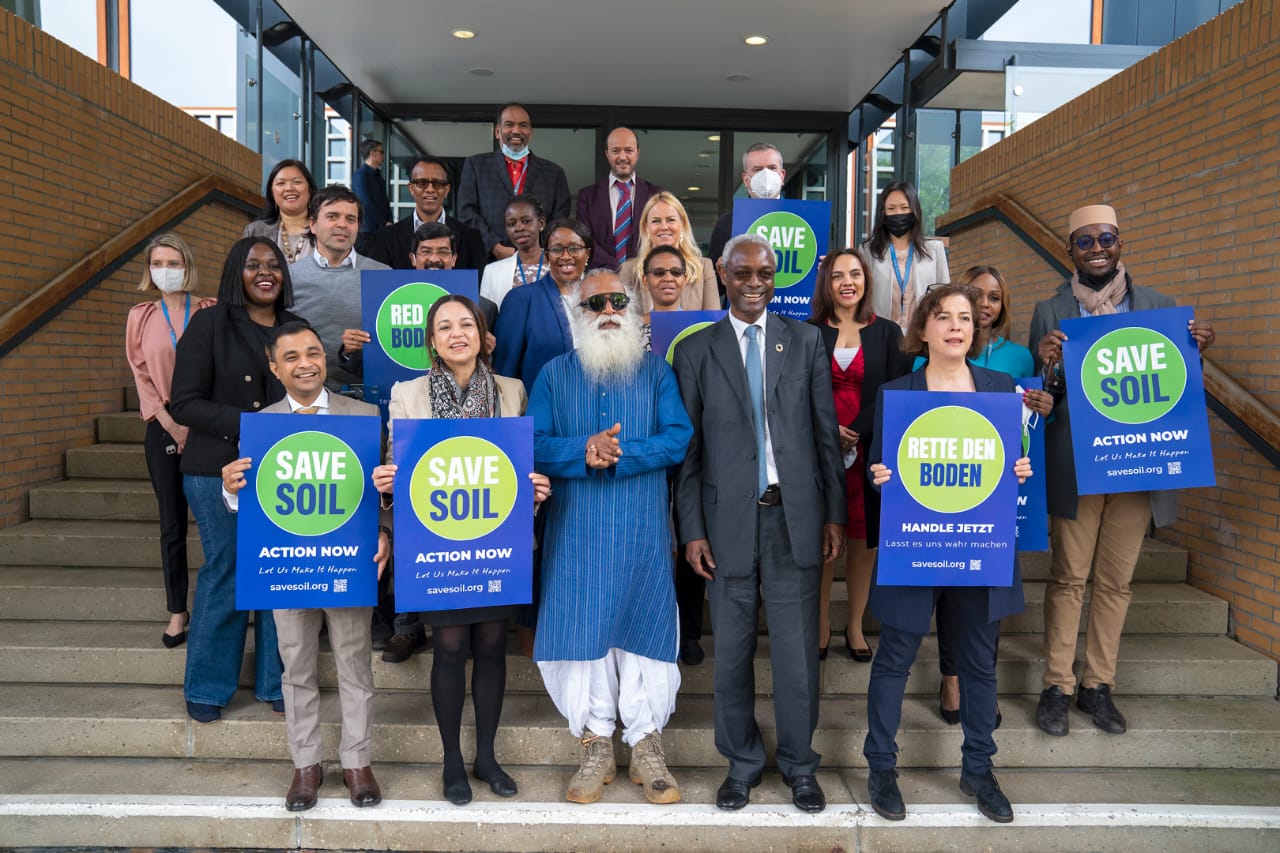Trending Now
- “I will soon make an announcement regarding a statewide tour across Tamil Nadu.” – O. Panneerselvam.
- Vatsala, Asia’s oldest elephant, has passed away at Panna Tiger Reserve; social activists mourn the death of this elephant, which lived for over 100 years.
- “The U.S. Govt earned ₹8 lakh crore this year through increased tariffs on foreign goods.” – U.S President Donald Trump.
- World No.1 Aryna Sabalenka has advanced to the semifinals in the Women’s Singles category at Wimbledon Tennis.
World News
Modi-Xi Summit to focus on big picture, not Masood Azhar or Nirav Modi
![]() April 24, 2018
April 24, 2018
The Narendra Modi-Xi Jinping summit in Wuhan on Friday will focus on “the big picture” and the way ahead for bilateral relationships, and not on the specific irritants that have bedevilled ties.
Both leaders are likely to spend several hours in an informal setting on Friday and Saturday. Their conversation will be free-flowing with a wide agenda that covers the way ahead for bilateral ties, as well as the global context.
This won’t be a platform for them to discuss specific, whether be it India’s efforts to extradite Nirav Modi from Hong Kong or the on-going effort to sanction the Pakistani terrorist Masood Azhar.
“This is not the platform where we go down the list of specific issues and tick them off one by one,” officials said.
At the same time, they would discuss the larger context of these issues, for instance, on their shared concerns terrorism, even if the PM is unlikely to name Azhar when he speaks with Xi.
On Tuesday, Chinese State media said the visit could be as significant as Rajiv Gandhi’s ice-breaking 1988 visit to China.
“The meeting can be as significant as the one in 1988 when Chinese leader Deng Xiaoping and then Indian prime minister Rajiv Gandhi met, and will set the course for bilateral ties,” the Global Times said in an editorial.
“Within China, hostility toward India is being replaced by hopes for friendly ties. The two countries need more communication to enhance mutual trust and eliminate the possibility of another border crisis. Asian powers and emerging countries, both China and India share many common interests in international affairs. They both have to strive for the right to develop and face Western pressure on issues like trade and intellectual property rights. There is a large room for economic cooperation.”
“China and India cooled down soon after the Doklam standoff, which indicates the solid foundation for ties,” it added. “The West wanted China and India to confront each other, but it didn’t work out that way. The Xi-Modi meeting will be a dialogue between the two countries with ancient wisdom and also their dialogue with the outside world. China and India have a more robust economic development than other emerging countries and are both independent. Any attempt to manipulate the way they deal with each other will likely fail. If China and India can promote their own development and bilateral ties, they will be more competitive in the world. We hope the high-level meeting set this week in Wuhan will enhance friendship and push forward the strategic trust of the two nations. The cooperation of two countries, home to about 40 percent of the global population, is highly significant for the whole world.”
























